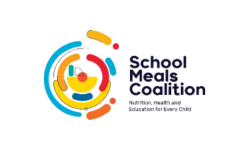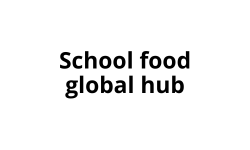Avances de la metodología de escuelas sostenibles en los programas de alimentación escolar en Mesoamerica
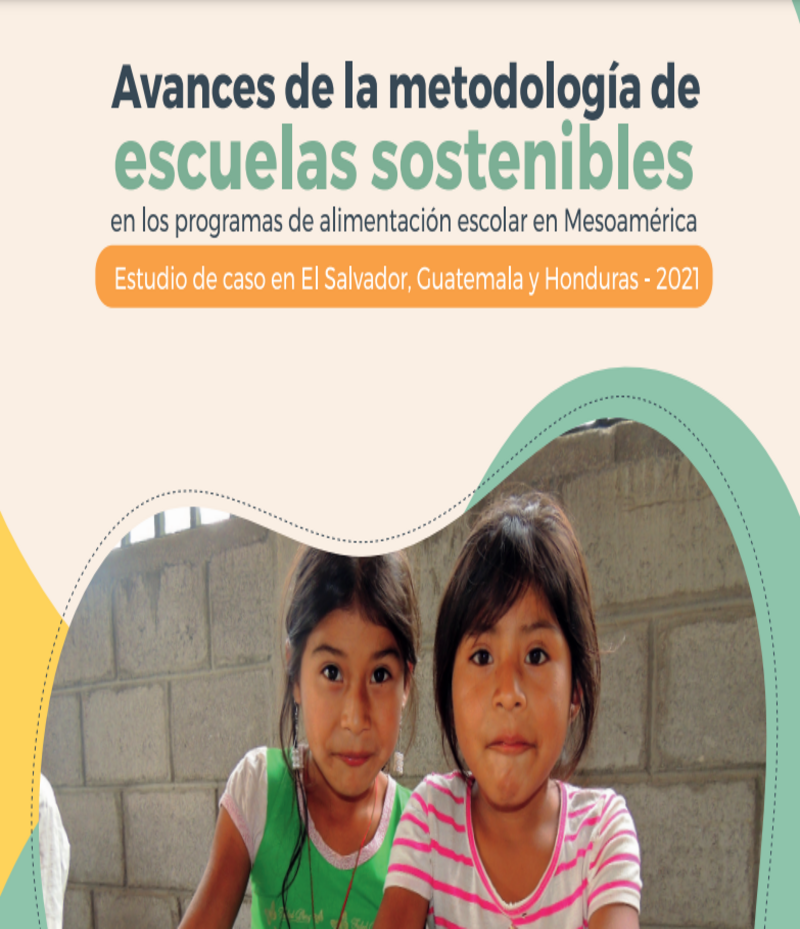
Including gastronomy in the School Feeding Programme – A necessary change to guarantee children’s right to healthy, tasty and waste-free food
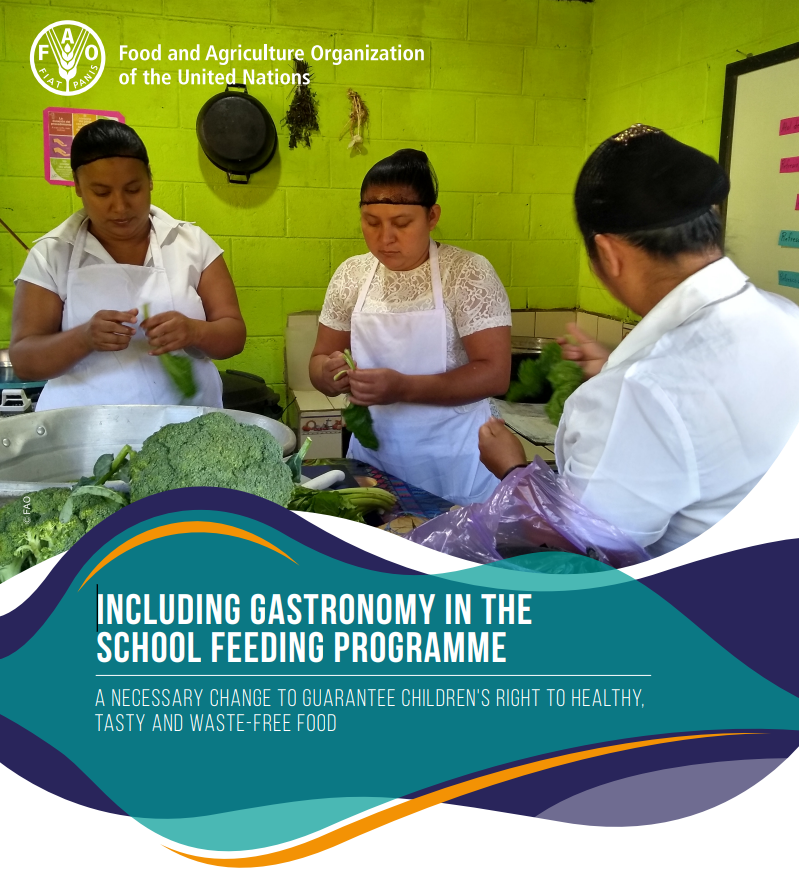
Each year, the Guatemalan State invests about 1 869.2 million Quetzals (USD 245 million) in the national School Feeding Programme (PAE, by its acronym in Spanish), which feeds 2.4 million children. This research estimates that, by including gastronomy in the PAE, it is possible to prevent in a school year (180 days), the waste of […]
Legal Guide on school food and nutrition
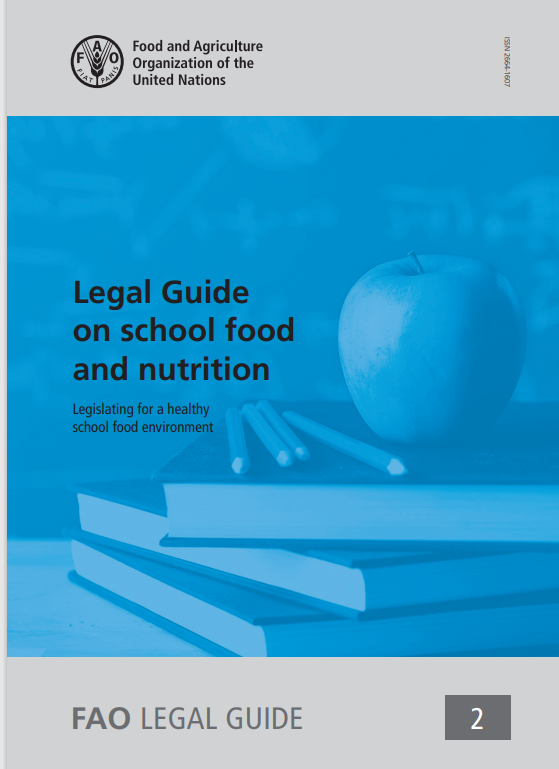
Mitigating the effects of the COVID-19 pandemic on food and nutrition of schoolchildren
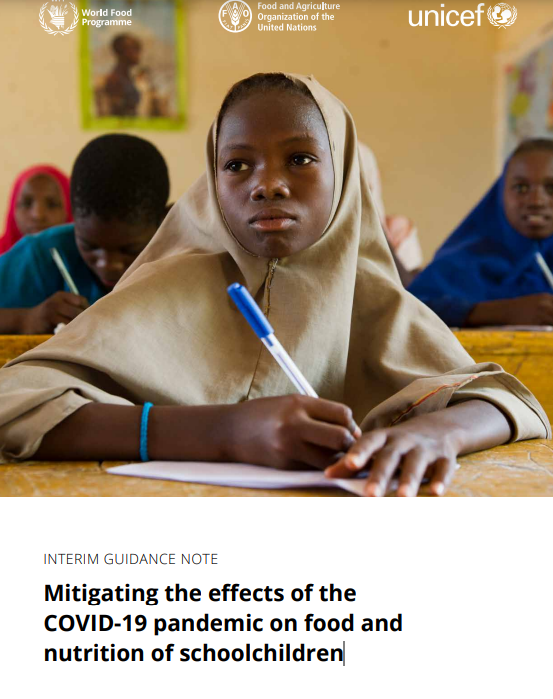
While cases of COVID-19 appear to be fewer among children (and symptoms generally milder), national responses to the pandemic can have important consequences for child nutrition and educational outcomes. Nearly 1.5 billion children – more than half of the world’s student population – are being kept away from school due to pandemic response measures. Nationwide […]
Capacity needs assessment tool – School-based food and nutrition education
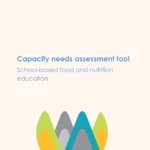
The capacity needs assessment tool is meant to be used by national and local groups as a foundation for the design of school-based food and nutrition education capacity development strategies. The tool builds on FAO’s experience and expertise in capacity development, and adopts a broad approach that not only assesses capacities at the individual level, […]



